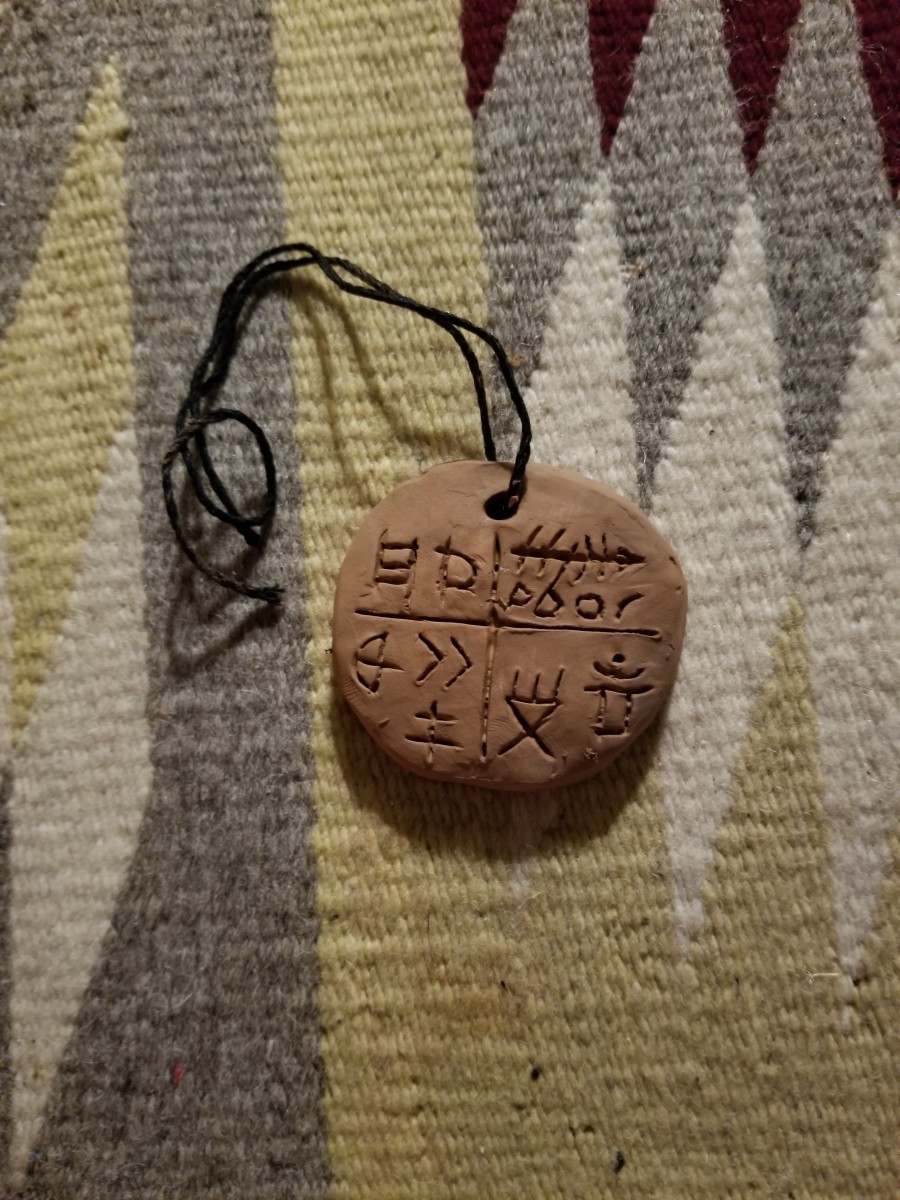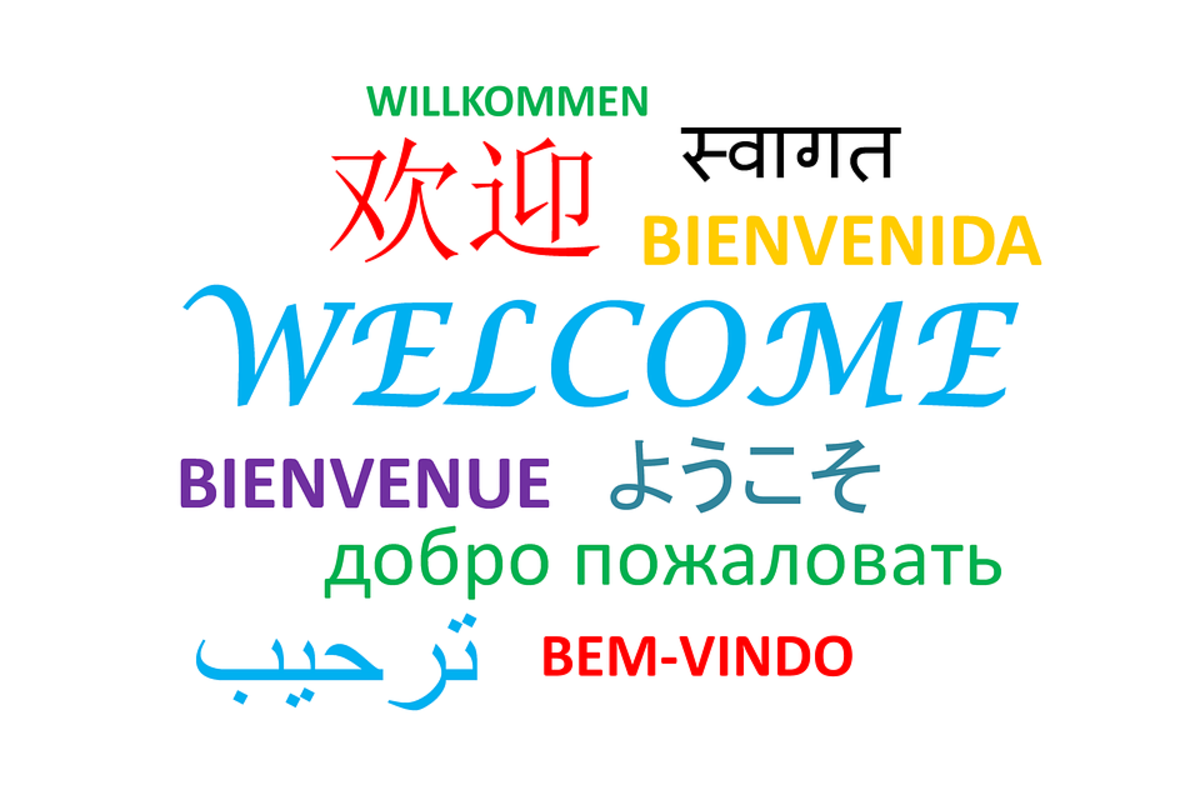Starting a Langauge Lab using Rosetta Stone
The Need for a Language Lab in West Central Illinois
When our church discovered there were over 100 people from several African countries living in West Central Illinois we did not know what we could do to help them understand English and the American Culture better. Many of the Africans came over to work at a local meat processing plant and they knew very little English. Some knew French, but most just knew their tribal language.
One of the members of my congregation, who was the type of person to start something big and give someone else the credit for it, came into my office and told me, “Rotary has a grant for literacy. I think we should get the money and we should start a program to help the Africans learn English.” It was clear there was a need for such a lab, and that the lab should always be free to those who needed it, but we learned as much about what we should have done differently as what we did right the first time. The project soon became more expensive and challenging than we imagined. I wanted to put this together to help people be more efficient and effective with their own funds, and also to not limit themselves when looking for help in financing a language lab of their own.
A Brief Summary of our Language Lab
How the Money was Spent
The first challenge we had was the expense. The entire project soon became far more than we could handle on our own. With the help of several groups and individuals we were able to raise over $12,000 to create our lab. However, this was not something that happened overnight, and there were many opportunities to learn and grow. We wrote several grants to Rotary, the Presbyterian Church (USA), and the United Way. With the added help of several of our own church members, we were able to raise the needed funds. Rotary has several grants that help people in education and literacy, and they support learning in many ways. We were able to receive over $6,000 through a literacy grant with Rotary. It is not hard to receive money to help support educating people in literacy by teaching them English. Being Presbyterian, it made sense to go to our denomination for support, the local Presbytery (covering West Central Illinois) was able to give us an additional $4,000 to help us in this endeavor. We received another $2,000 from United Way to help with the purchasing of computers. The remaining money was raised through different local fundraisers and individuals in our congregation.
Who Gave the Money?
| How Much?
| What We Bought
| How Much it Cost
|
|---|---|---|---|
Rotary
| $6,000
| Rosetta Stone (20) liscences
| $5,040
|
Presbytery of Great Rivers
| $4,000
| 7 Dell Laptops
| $6,200
|
United Way
| $2,000
| Router, external Mouse (7), storage bags
| $300
|
Private Donors
| $1,000
| Tech Support
| $600
|
Local Fundraising
| $500
| Advertising
| $100
|
Total
| $13,500
| Total
| $12,240
|
The Breakdown of who helped with our Language Lab.
What we needed from Rosetta Stone
Rosetta Stone is one of the best language learning programs I have ever seen. There is a slight learning curve due to the fact it is a pure immersion program. The program is completely in the language you are trying to learn, and once you figure out the program wants you to pick a picture sometimes, repeat sometimes, and type sometimes you can truly learn and understand the language.
We decided to use the Rosetta Stone software to help the different immigrants. This was the first big expense. It came from buying seat licenses from Rosetta Stone, which amounted to just over $5,000. We received a group deal if we purchased ten units each time. This is where we made our first mistake. We thought we were going to have lots of people and wanted to make sure that every level was represented for each person. With Rosetta Stone, you only need to purchase the first two levels to help someone gain enough of the language to understand and learn on their own. We should have only bought ten licenses, 7 level 1 and 3 level 2. This would allow us to have 7 people learning at any one time. We did not need to have as many licenses as we did, and that could save someone money if they try to create their own Rosetta Stone language lab.
What is Rosetta Stone?
What we needed as computers
We bought 7 laptops from Dell, and they were about $6,200 of the total price. One of the earlier mistakes we made was not to get a desktop to be the server. The laptops are great client computers, but trying to be a server is more than one laptop can handle. The server computer needs to be a little more powerful in processor and memory to handle communicating with the other computers and making sure that everything is working properly. We also quickly discovered there are some basic hardware needs when creating a simple network. First and foremost, make sure the router and the server are on a battery backup power strip, just in case your pastor (me) accidently knocks out the power strip while the whole lab is running. (This caused us to be shut down for about 2 weeks while we re-installed and fixed all the problems.)
There are other smaller expenses to keep in mind. Each computer needs a head set and a microphone. You may need to buy external mouses to facilitate people using the program. However, the main challenges come from making sure there are some people who can help with the beginning stages of Rosetta Stone.
Be Careful about Early Success
We had long lines for the first two or three months when our program started. It was wonderful, however, when people started to figure out this would not teach them English in a couple of weeks they started to stop coming. Unfortunately for us, we had seen the earlier success and decided we needed to purchase another ten licenses, thus giving us twenty. Twenty is way too many for our mission and our service. If we had been more patient we would have saved about $3,000.
We still struggle with getting the word out to the African community that our service is completely free, that is has nothing to do with the church and we are doing this to simply help them understand and learn English, and become more comfortable with some of the American customs. We also learned some of the tribes do not want to spend time in the same room. We had to have the lab open some days for one tribe and other days for other tribes. We also discovered another discrepancy in the childhood learning of the men and women, which made us have to help out certain people more than others in the first basic steps of Rosetta Stone.
In the two years we have had the lab running we have never had the number of people at one time that we did at the beginning. We have had small groups come, learn what they need and then leave. Only a handful have stuck with the system long enough to finish both levels, and they were able to understand and speak English quite well by that time. We have registered almost eighty people from Togo, Congo, Ghana, China, and Germany. It is our privilege to help those in our community to learn English and better themselves in their work and life. We could have done the project with less money, less headaches and still helped each person, but since it was a new project for everyone, I think we did a pretty good job.
Also, if you have people with computer, especially networking skills, USE THEM. There are lots of little problems that are very time consuming when you are learning them on the job. With someone who has the right knowledge, a lot of headaches could be bypassed.
With Grant Money Comes a Price
Most agencies who will offer grant money will want to know the money is being used correctly. We had to make several presentations to the different groups to show how their money was spent and what we were doing with the lab. It was also a chance for them to join with the mission in continued funding or volunteers. It is something to keep in mind when you are looking for grant money, once you receive the money, you need to make sure and follow all the requirements to keep the money.








